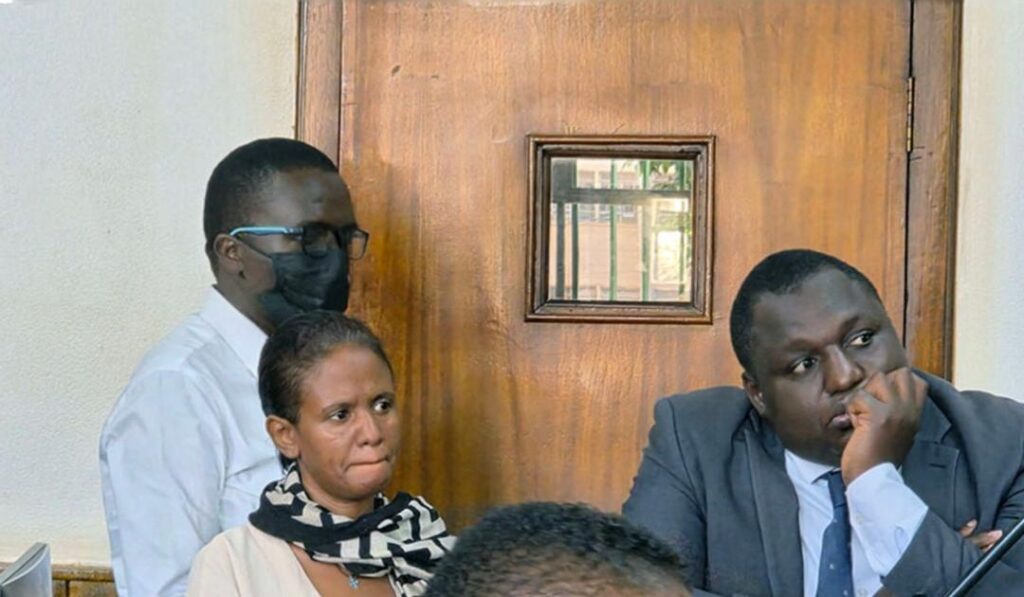By Our Reporter
The refusal of bail to Ethiopian national Tigist Ayalew has once again placed the spotlight on Uganda’s turbulent land market, where fraud, forged titles, and sham transactions have become alarmingly frequent.
On Thursday, Buganda Road Chief Magistrate Ronald Kayizzi ruled that Ayalew could not be trusted with temporary freedom after failing to produce substantial sureties capable of guaranteeing her court attendance. The magistrate emphasized that the case involves nearly a billion shillings—money he said could not simply be secured by guarantors with no proven financial standing.
“The case involves over Shs900 million and none of the sureties presented have demonstrated to court that they have the capacity to pay the court bond if the accused person absconded,” Mr. Kayizzi observed, stressing that the risks outweighed any arguments for release.
Ayalew, together with Ugandan lawyers Bob Mwanjuzi and Lawrence Kalamu, stands accused of orchestrating an elaborate scam against businesswoman Kalpana Abe, allegedly using a forged 10-year land lease as bait. Prosecutors claim the trio pocketed Shs917 million between January and August 2023, presenting a bogus deal between SEMA Holding Limited and Ephrata Investments Group Limited as a lucrative investment.
Beyond the fraud allegations, prosecutors also accuse Ayalew of running private businesses—including nightclubs in Kampala—without a work permit, painting her as part of a growing network of foreign nationals operating unlawfully in Uganda’s economic space.
The decision to keep her on remand is not merely a procedural matter of bail, but a sign of the judiciary’s tightening grip on cases where land, money, and cross-border actors collide. With criminal summons also issued for fugitive suspect Sisay Bekure Melkamu, the scandal reflects a larger problem: the ease with which falsified documents infiltrate Uganda’s land registry system, leaving investors vulnerable.
As the case returns to court on September 10, analysts suggest it will not only test the credibility of the prosecution’s evidence, but also fuel ongoing debates about the integrity of Uganda’s land administration and the state’s willingness to shield the economy from predatory fraud schemes.
